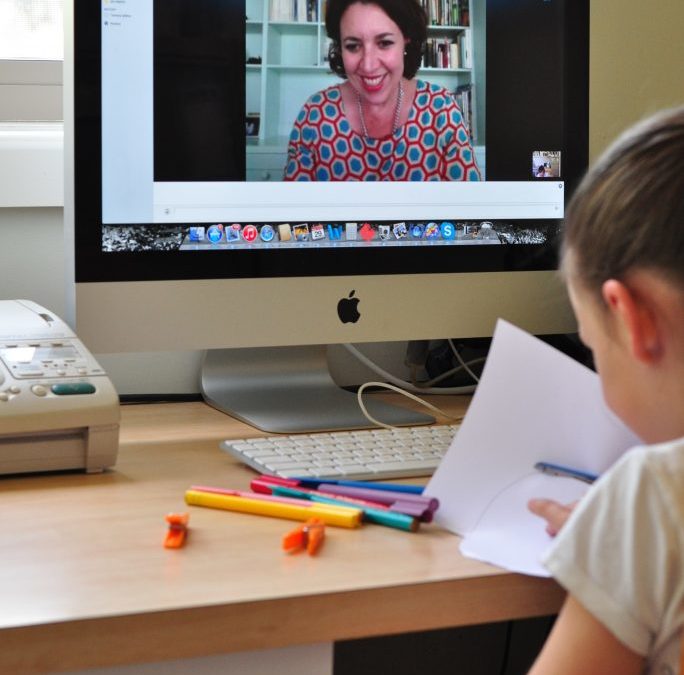If you work in allied health or have a child with sensory processing challenges, you may be familiar with the term ‘interoception’—often referred to as the 8th sense. It’s an emerging area of sensory processing that’s gaining increasing attention. In this blog, Occupational Therapist, Skye, explores what interoception is, why it matters, and how understanding it can make a difference in supporting those with sensory needs.
We’re all familiar with the common five senses – sight, hearing, taste, smell, and touch. But what about the ones that work quietly in the background? Proprioception, which helps us know where our body is in space, and the vestibular sense, which is key to balance and movement, are two additional senses that many of us use without thinking. Interoception is another lesser-known but equally important sense.
What is Interoception?
Interoception is the sense that allows us to understand what’s happening inside our body. Specialised nerve receptors located in our internal organs, muscles, and skin send signals to our brain, which helps us interpret how we’re feeling physically and emotionally.
For example, when your stomach grumbles and your hands feel shaky, you might recognise this as hunger. If you’re getting goosebumps and sweaty palms, it could be a sign you’re feeling scared or anxious.
Why Is Interoception Important?
Being in tune with our body’s signals is essential for everyday functioning. It helps us recognise when we need food, water, rest, or even a toilet break. It’s also crucial in understanding our emotions.
For some neurodivergent individuals, interoception works a bit differently. They may have trouble noticing these body signals or interpreting them correctly. For example, someone might feel a tightness in their chest and not realise it’s related to anxiety, or they might misinterpret hunger pangs as pain.
These differences in interoceptive awareness can be misunderstood, especially in neurodivergent people, leading to their experiences being dismissed or mislabelled. This can cause confusion and, at times, make it harder for them to access the support they need.
How Does Interoception Affect Therapy?
At Therapy Connect, many of our clinicians now incorporate interoception into their therapy sessions. We work with clients of all ages to help them become more aware of their body’s signals and what they might mean.
For younger children, we might use simple activities to explore body sensations, like noticing when their heart beats faster after running or when their tummy feels full after eating. For older clients, we may dive deeper into the emotional side of interoception, helping them connect physical sensations to emotions like stress, anxiety, or happiness.
We’re also big fans of Kelly Mahler’s work. She’s an occupational therapist from the US who has developed the Interoception Curriculum. This program helps clients break down body sensations, focusing on how different body parts can feel and encouraging a stronger mind-body connection. It’s a neuroaffirming approach, which means it respects individual differences and experiences, particularly in neurodivergent people.
Why Does This Matter for Allied Health Professionals and Parents?
If you’re a therapist or a parent, understanding interoception can be a game-changer. It can explain why some kids might not recognise they need to go to the toilet until it’s urgent or why they don’t notice they’re hungry or tired until they’re overwhelmed.
Teaching interoception awareness can give children – and adults – the tools they need to understand their bodies better, which in turn can help them manage emotions, improve self-care, and ultimately feel more in control.
At Therapy Connect, we’re committed to supporting clients on this journey. Whether it’s through online therapy sessions or resources like the Interoception Curriculum, we’re here to help people better understand themselves and their bodies.
Feel free to reach out if you’d like to learn more about how we can incorporate interoception into therapy for you or your loved ones!




